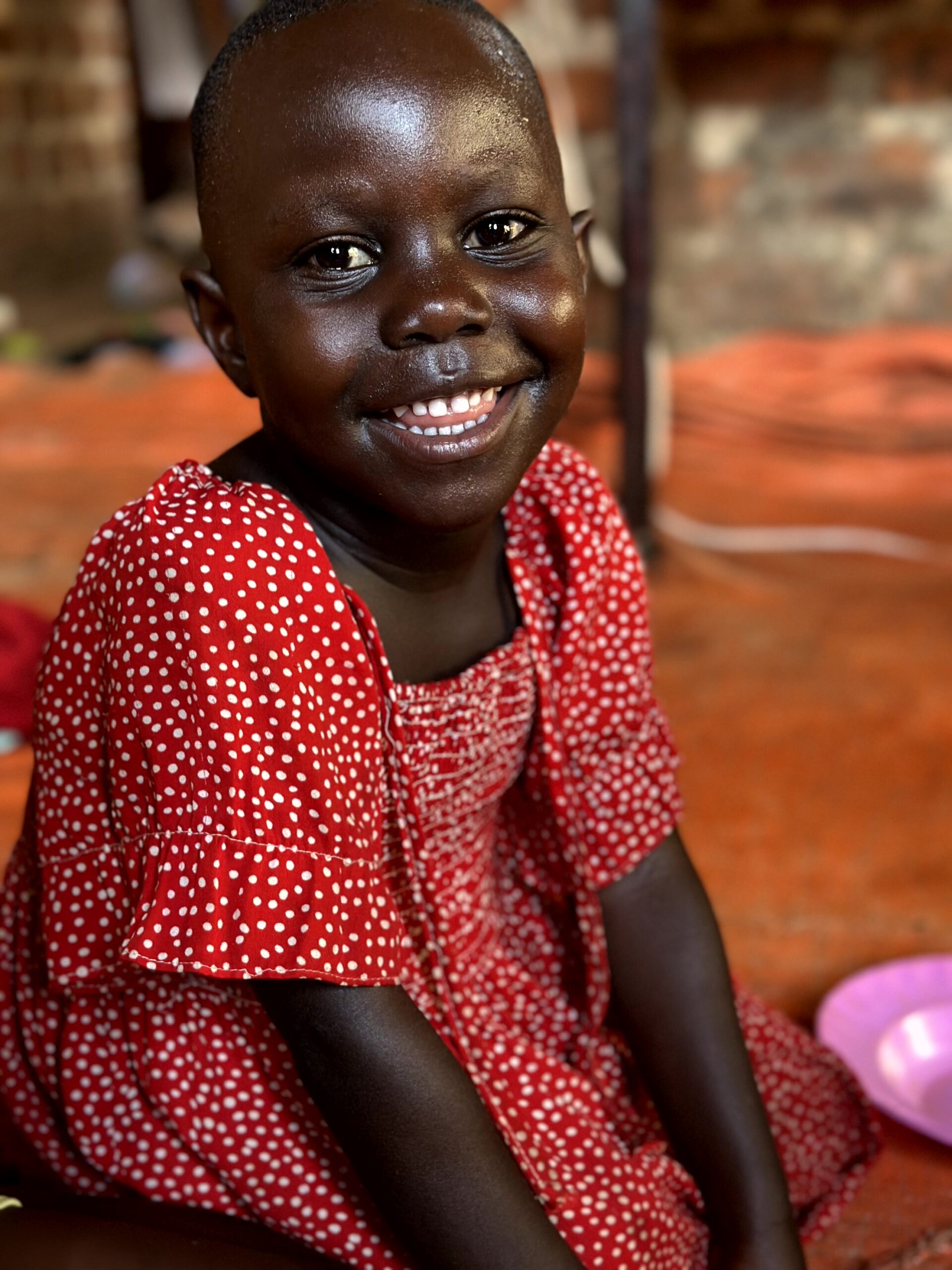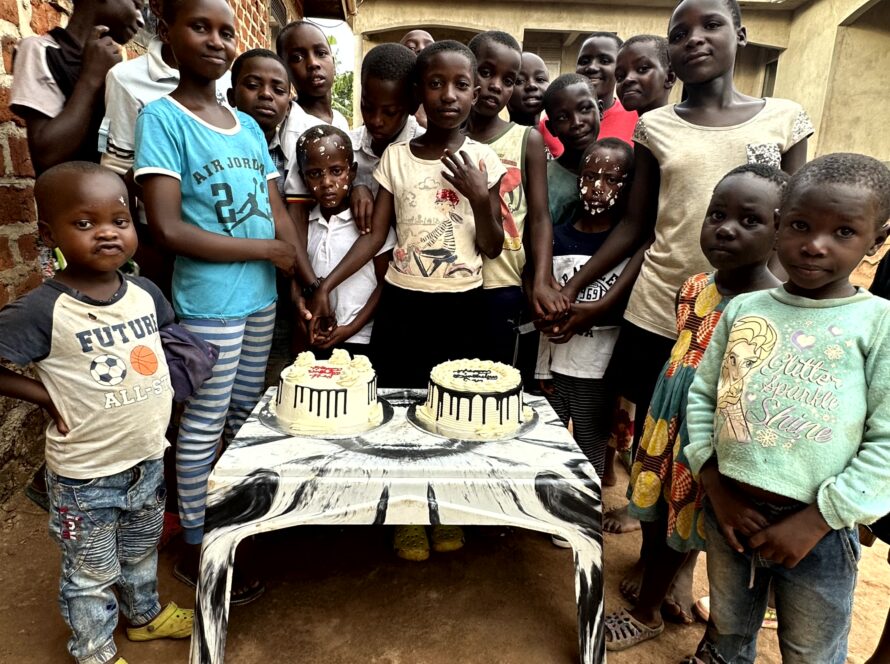The well-being of children is a fundamental cornerstone for the prosperity and happiness of any nation. A happy child, nurtured in a supportive and loving environment, grows up to become a productive and responsible citizen. Thus, investing in the happiness and welfare of our children is paramount to building a thriving and harmonious society.
The Building Blocks of Happiness
Children’s happiness stems from several key factors: emotional support, physical health, education, and opportunities for creative expression. A stable and loving family environment provides the emotional security that children need to flourish. When children feel valued and loved, they develop a positive self-image and the confidence to pursue their dreams.
Education and Opportunities
Access to quality education is another critical component of a child’s happiness. Education empowers children with knowledge and skills, opening doors to opportunities that can lead to a better future. Schools that encourage curiosity, creativity, and critical thinking foster a love for learning and help children discover their passions and strengths.
Physical and Mental Health
Physical health is equally important. Proper nutrition, regular exercise, and access to healthcare ensure that children grow up strong and healthy. Mental health support is vital too, as it helps children cope with stress, build resilience, and develop a positive outlook on life.
The Role of Play and Creativity
Play and creative activities are essential for a child’s development. Through play, children learn social skills, problem-solving, and how to navigate their emotions. Creative pursuits like art, music, and drama offer an outlet for self-expression and can be a source of joy and fulfillment.
Community and Society’s Role
A supportive community and a safe environment are crucial for children’s happiness. When communities invest in safe recreational spaces, quality schools, and child-friendly policies, they create a nurturing atmosphere where children can thrive. Governments, organizations, and individuals all have a role to play in ensuring that children grow up in environments that promote their well-being and happiness.
The Ripple Effect
The impact of a happy child extends far beyond the individual. Happy children are more likely to grow into well-adjusted adults who contribute positively to society. They become innovators, leaders, and compassionate citizens who drive progress and foster a sense of community. A nation that prioritizes the happiness of its children lays the foundation for a prosperous and harmonious future.


